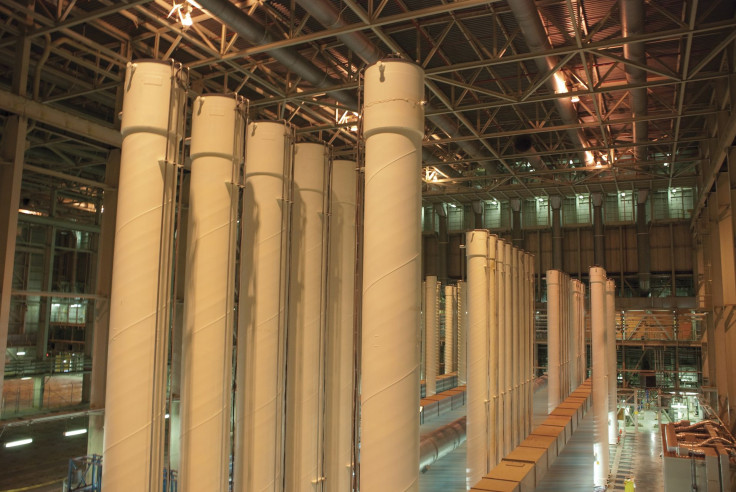Fukushima Disaster And Subsequent Plant Cutbacks Drive US Nuclear Fuel Supplier Into Bankruptcy

The United States Enrichment Corporation (USEC), the executive agent in the 20-year Megatons to Megawatts Program, which mandated the U.S. purchase of uranium from Russia until December 2013, filed for bankruptcy last week.
The Bethesda, Md.-based company has 505 employees and will not be able to repay its debts, which are due by October 2014. Since 2007, USEC stock has lost 99 percent of its value.
Uranium prices have fallen more than 30 percent since the March 2011 nuclear disaster at Fukushima, and many nuclear facilities in Japan, Germany and the U.S. have shut down. Demand for nuclear fuel has also been low, causing fuel prices to drop.
Tokyo Electric, the operator of the Fukushima facility, was one of USEC’s biggest customers before 2011.
USEC also halted uranium-enrichment operations at the Kentucky-based Paducah Gaseous Diffusion Plant, a project leased by the Department of Energy, and planned to shift production to the American Centrifuge Project in Piketon, Ohio, but didn’t secure the necessary funding.
The company has spent more than $2.5 billion developing the American Centrifuge Project, according to the bankruptcy filing, but more than $4 billion is required to complete it. USEC sought a $2 billion loan guarantee from the Department of Energy, but the department prohibited the loan and said the plant was not ready for commercial production.
As of Dec. 31, USEC reported $70 million in assets and $1.07 billion in liabilities. If the company’s reorganization plan receives court approval, it plans to emerge from bankruptcy in 90 to 120 days.
© Copyright IBTimes 2025. All rights reserved.






















